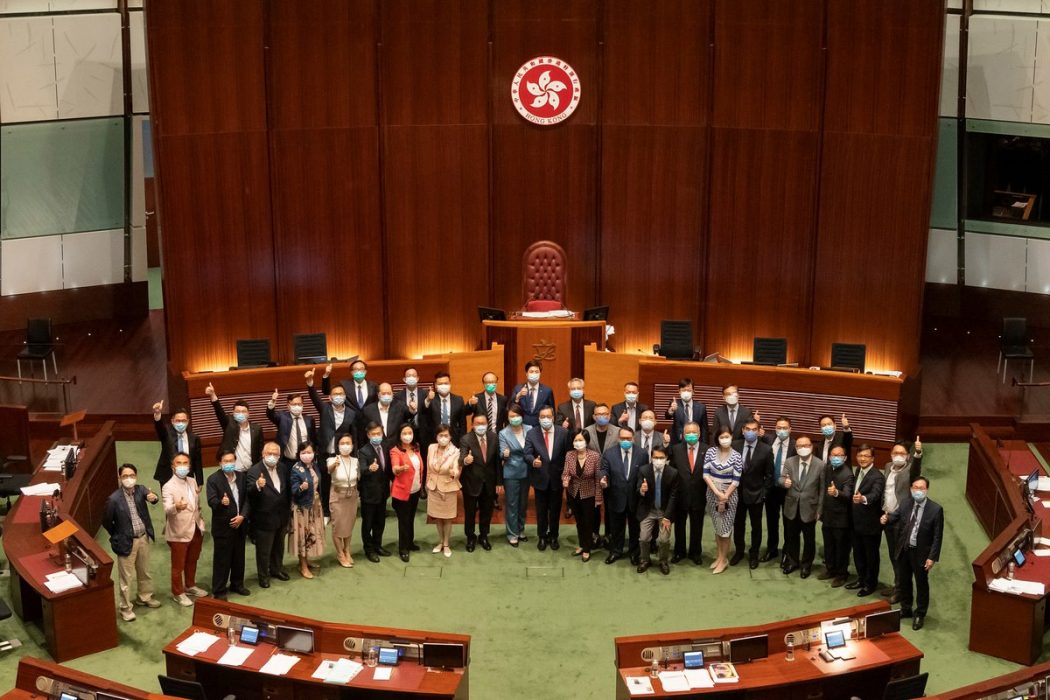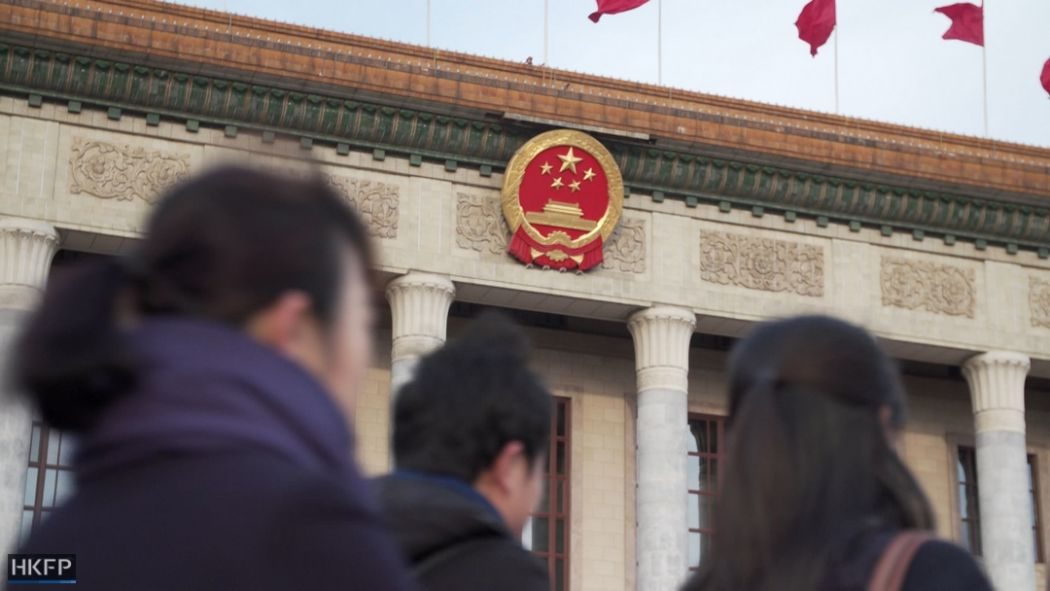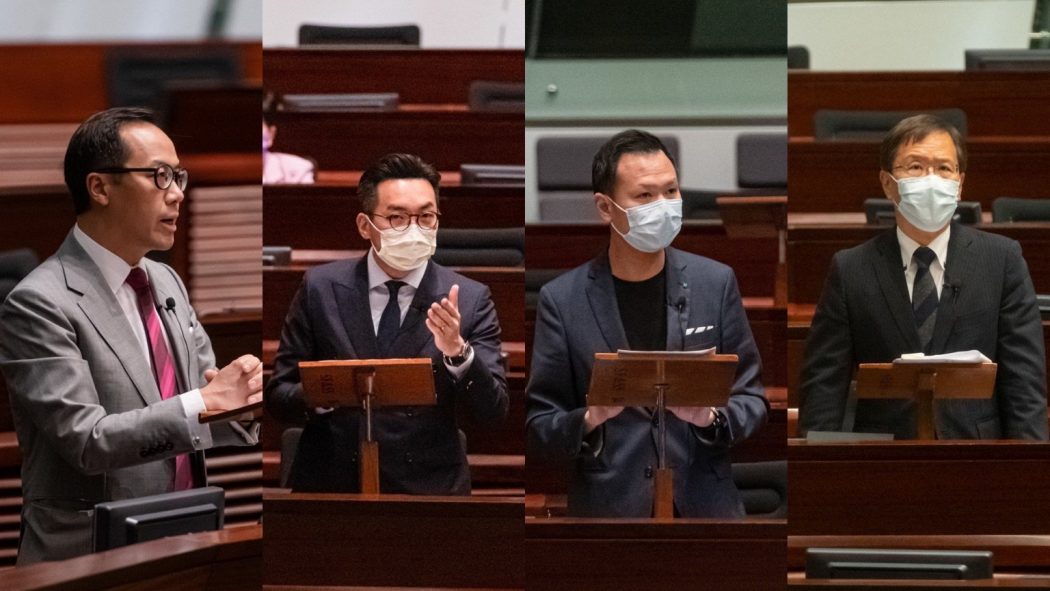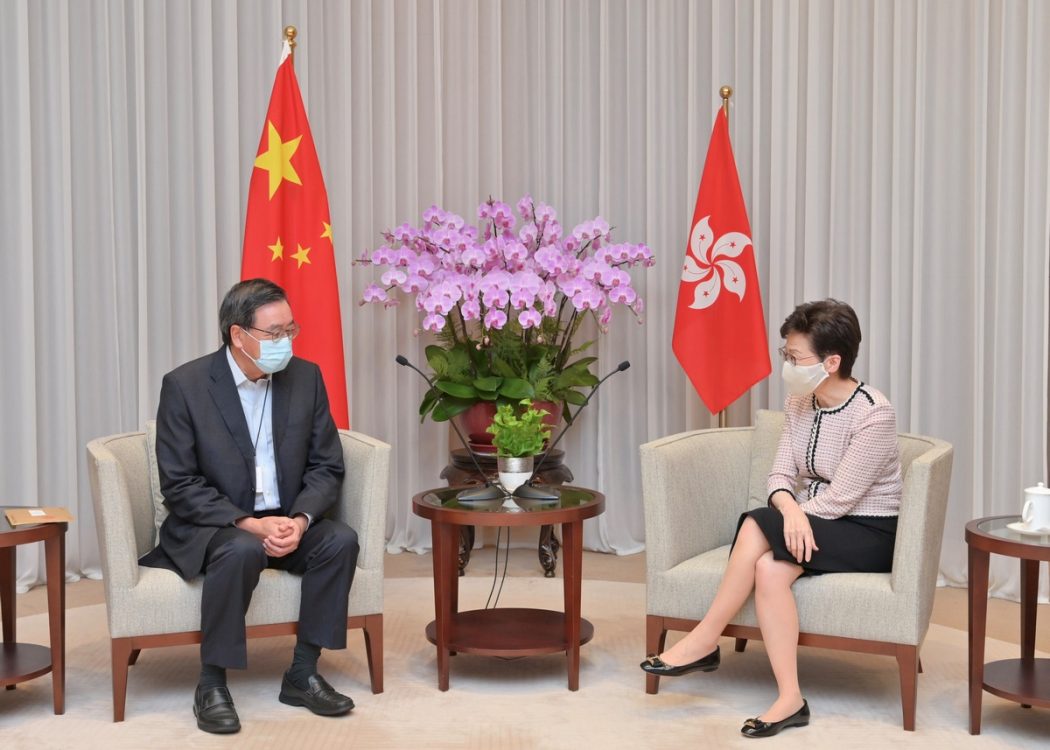Beijing has passed a decision to let incumbent Hong Kong lawmakers remain in office for at least one year, as a solution to the lacuna resulting from the 2020 Legislative Council (LegCo) election postponement.
The unanimous decision on Tuesday came at the end of a four-day meeting of the Standing Committee of the National People’s Congress (NPCSC) after Hong Kong decided to delay the September race owing to the Covid-19 outbreak. China’s top legislative body decided that members of the sixth council term would continue to fulfil their duties after September 30 for no less than one year.

They would stay on until start of the seventh LegCo term, which would retain a duration of four years. However, the resolution did not mention a time limit on the extension of the current term.
According to state-run Xinhua News Agency, the NPCSC said the decision was “necessary,” as the LegCo played an imported role in Hong Kong’s political system, including making, amending and abolishing laws, as well as reviewing and approving the annual budget: “To safeguard the HKSAR’s constitutional and rule of law order and ensure the normal governance of the HKSAR and normal operation of society,” the NPCSC said.
In an unprecedented move, Chief Executive Carrie Lam invoked emergency powers on July 31 to defer the legislative polls until September 2021, citing coronavirus fears. She said she could not use emergency powers to resolve the interim LegCo conundrum, and decided to seek a decision from Beijing to avoid potential legal challenges.

Article 69 of the Basic Law stipulates that each LegCo term should have only a duration of four years. The decision from Beijing did not explain the legal principles or basis for the extension to the current term.
The city’s leader nevertheless expressed “heartfelt gratitude” to the NPCSC in a statement issued on Tuesday evening. Lam echoed Beijing’s reasons for extending the current term and said the authoritative decision was made in accordance with relevant provisions in the Chinese constitution and the Basic Law.

“It demonstrates once again the care and support of the Central Government for the HKSAR,” Lam said, adding that the decision would be gazetted in due course.
Mass disqualifications
Beijing’s resolution did not touch on the status of four pro-democracy legislators, who were barred from standing in the 2021 race. Civic Party’s Alvin Yeung, Dennis Kwok and Kwok Ka-ki, as well as Kenneth Leung from the accountancy constituency were among the 12 democrats whose election nominations were ruled as invalid in a mass disqualification.
Speaking to reporters at the LegCo, incumbent legislative head Andrew Leung did not directly respond to questions regarding the four lawmakers. He said the resolution from the NPCSC was “very simple,” which was to let members of the sixth LegCo term to remain in office.

Leung said such an arrangement would ensure the “smooth operation” of the local legislature and “effective administration” of the government. He added that legislators would not have to take oaths again, while subcommittee chairs and vice-chairs would be reelected.
“I hope that members across the political spectrum could put aside political differences and communicate with rational attitude to discharge their constitutional duty,” Leung said.
